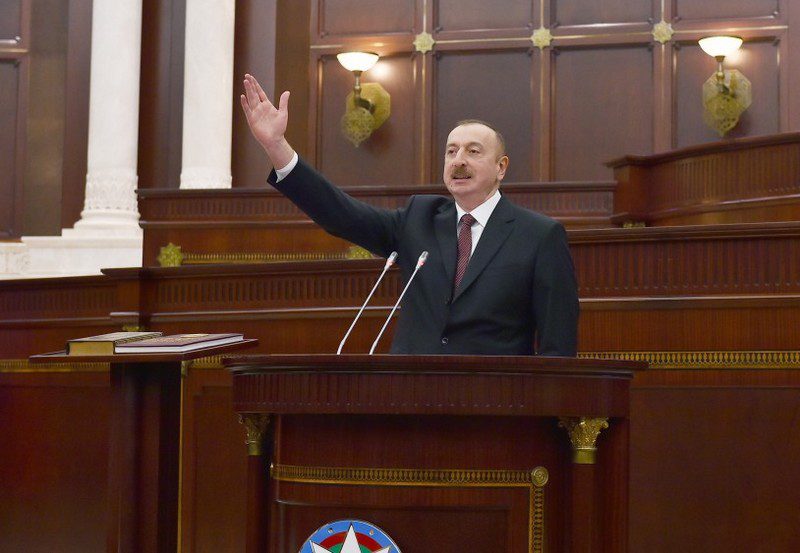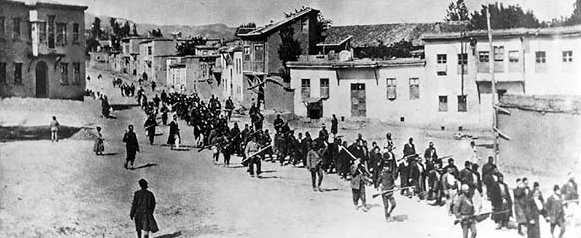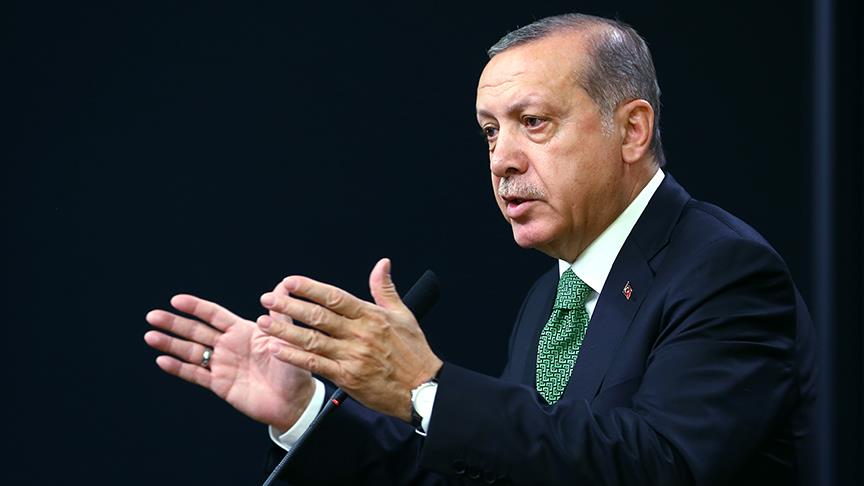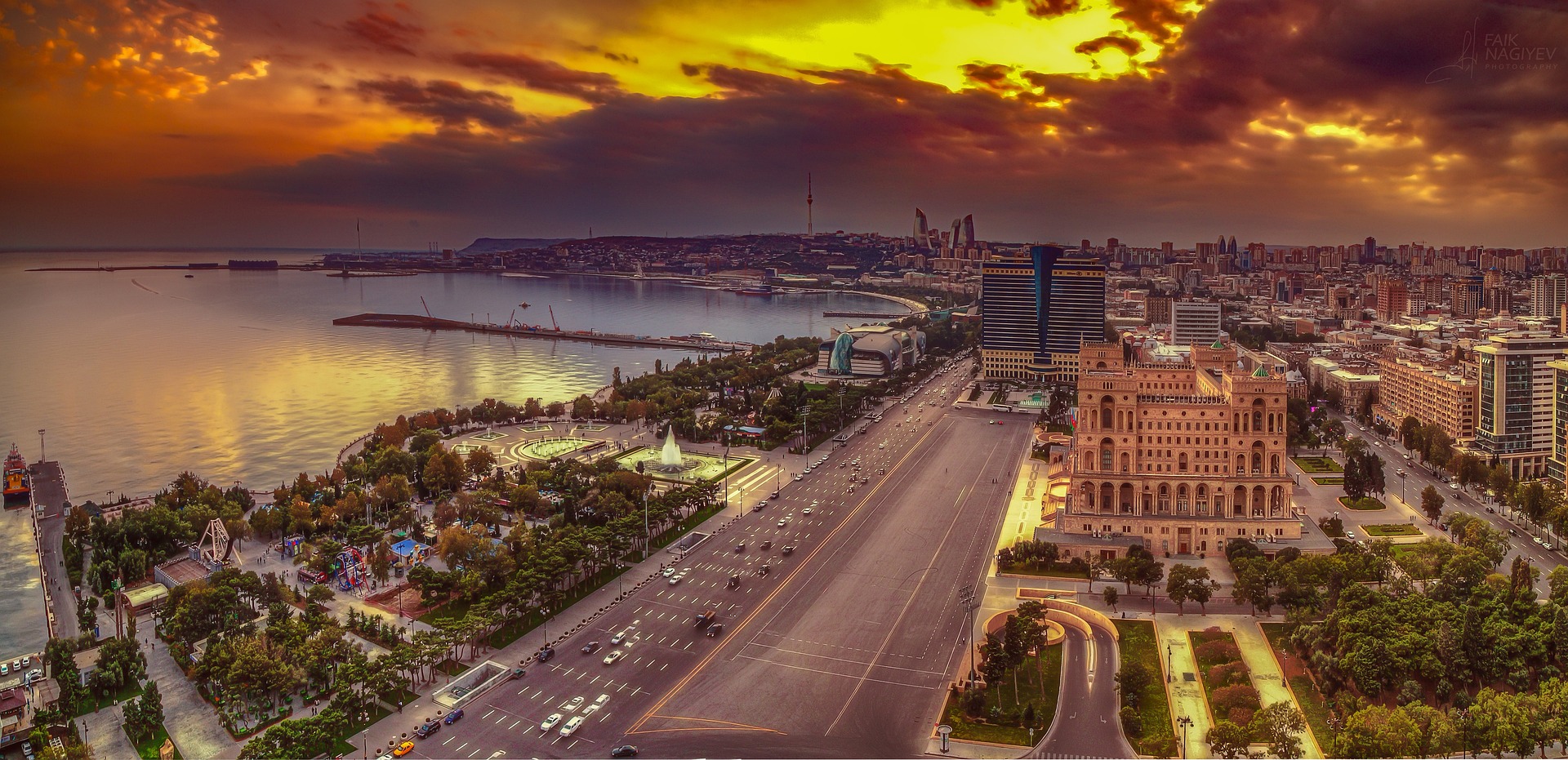Countries must have various tools in their arsenal to counter or weaken their enemies. The most obvious one is the use of force. However, Armenia is unable to do that successfully because of its weak military.
Another possible tool is destabilizing enemy states by creating internal turmoil and inciting their oppressed minorities.
The third tool is to cause a rift between a hostile nation and its allies using the well-known method of divide and conquer. Armenia is surrounded by Azerbaijan and Turkey, two hostile neighbors that call themselves “one nation, two states.” Therefore, Armenia should try to drive a wedge between them by deepening their disagreements when such opportunities arise.
In the last 30 years, there have been at least three occasions when Armenia’s two enemies were at odds with each other.
The first opportunity was in March 1995, when members of Azerbaijan’s military, supported by some factions in Turkey, attempted to carry out a coup d’état against Pres. Heydar Aliyev. They wanted to return to power former Pres. Abulfaz Elchibey who was toppled by Aliyev in 1993.
Prime Minister of Turkey Tansu Ciller, whose top aides were involved in the coup, gave the green light to get rid of Pres. Aliyev. The coup was foiled when Turkish President Suleyman Demirel became aware of the plot and alerted Pres. Aliyev. According to Wikipedia, the attempted coup “provoked a diplomatic crisis between Turkey and Azerbaijan.”
This was a missed opportunity for the Armenian government in 1995 to take advantage of the attempted coup and the consequent chaos in Azerbaijan to further alienate the two enemies from each other by publicizing and accentuating the rift.
The second crisis between Azerbaijan and Turkey happened in 2009 in the midst of signing the Armenia and Turkey Protocols, which envisioned normalizing relations between the two countries, including the establishment of formal diplomatic relations, opening of the Armenian-Turkish border and forming a joint historical commission to study the Armenian Genocide issue. These Protocols were brokered by the United States, Russia and France.
Azerbaijan opposed the Protocols, fearing that if Turkey normalized relations with Armenia, it would weaken Azerbaijan’s pressure on Armenia in the Artsakh conflict.
Turkey was caught in the middle of several conflicting interests:
1) Turkey wanted to pursue its self-interest which was the softening of its antagonistic relations with Armenia to eliminate long-standing Armenian demands for the international recognition of the Armenian Genocide;
2) Turkey was being pressured by the United States, Russia, and France to ratify these Protocols;
3) Azerbaijan, Turkey’s junior partner, initially applied diplomatic pressure on Turkey and subsequently threatened to cut off the export of gas or increase its price. When that didn’t have the desired effect, Azerbaijan closed down several Turkish-funded mosques in Baku and took down Turkish flags. Azerbaijan’s foreign ministry declared that improving Armenia-Azerbaijan relations “directly contradicts the national interests of Azerbaijan and overshadows the spirit of brotherly relations between Azerbaijan and Turkey built on deep historical roots.”
Once again, Armenia was merely a spectator in this conflict. Eventually, Turkey succumbed to the Azeri pressures and refused to ratify the Protocols.
The third dispute between Ankara and Baku is happening at the moment after Pres. Erdogan embarrassed Azerbaijan by declaring on July 28: “Just as we entered Karabagh, just as we entered Libya, we should do the same with Israel. There is nothing stopping us. We just need to be strong to take this step.”
Azerbaijan’s officials vehemently objected to Erdogan’s statement because it was exposing the Azeri myth that they won the Artsakh War without any outside help. The fact is that Azerbaijan was supported in the 2020 War by the Turkish military and commanders as well as the thousands of Jihadist mercenaries that Turkey brought to Azerbaijan from Syria to fight against Armenians.
Despite the Azeri denials, Erdogan continued to repeat his statement about Turkish military’s involvement in the Artsakh conflict. On August 1, he said: “In Azerbaijan’s Karabagh, together with our Azerbaijani brothers, we completely eliminated the enemy forces.”
Azerbaijan’s official Gazette responded in an editorial: “Our people, army and commander view with disappointment and deep sorrow the attempts to claim and take ownership of our rightful victory. Azerbaijan’s victory is for the entire Turkic world, but Turkey is not its architect. The Architects of the Karabagh victory are Commander-in-Chief Aliyev and the Azerbaijani Army.” The Azerbaijani Gazette described Erdogan’s words as “a heavy moral blow.”
Baku pursued its disagreement with Turkey through diplomatic channels. On July 29, Azerbaijan’s ambassador to Turkey, Rashad Mammadov, met with Turkish Deputy Foreign Minister Mehmet Kemal Bozay to complain about Erdogan’s statement. Amb. Mammadov then paid a visit to Turkish Deputy Foreign Minister Berris Ekinci the following day to complain for the second time about Erdogan’s statement.
Fortunately, Armenia’s Prime Minister reacted to this latest Azerbaijan-Turkey dispute when answering a reporter’s question during his August 31 press conference: “During the 44-day War [in 2020], in many locations, our military, our explorers saw Turkish flags, Turkish soldiers, Turkish Special Squadrons and Turkish high-ranking officers. Let’s not forget that prior to the 44-day War, there were large-scale military exercises between Azerbaijan and Turkey. And during the entire war, F-16 jets belonging to Turkey were literally in the air and drones belonging to Turkey were maintained by Turkish personnel.”
Modern wars are not fought just with weapons. Nations also use psychological warfare, spread disinformation, instigate internal turmoil in hostile countries, and engage in divide and conquer tactics. Armenia needs to use all of these tools to undermine its enemies and defend its national interests.
If Armenia lacks the expertise in such specialized operations, there are consulting firms that Armenia can hire, for a fraction of the millions spent on weapons, to weaken the enemy from within.







